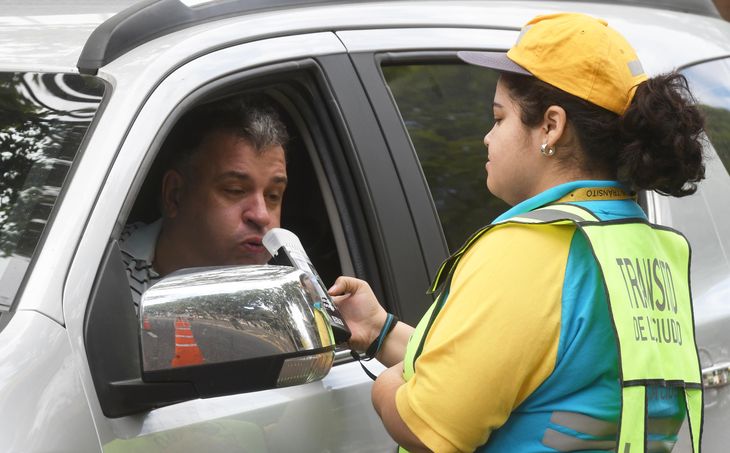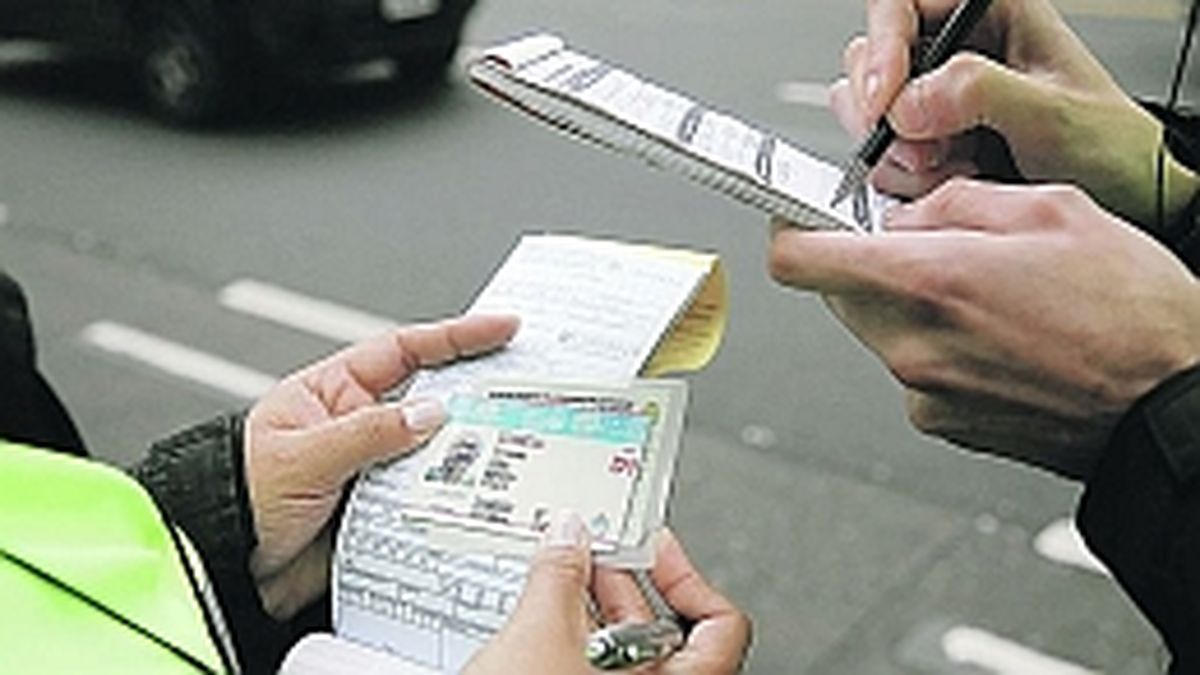The government of the City of Buenos Aires confirmed that it will apply severe fines to motorists who exceed the speed limits. The fines range from $44,114 and can go up to $2,520,800which are equivalent to the value of a small used car, according to published market values.
In the City of Buenos Aires there are more than 220 cameras that monitor road traffic. The value of the fines is calculated in Fixed Units (UF), where each of them corresponds to the cost of half a liter of premium gasolineaccording to the price set by the Automobile Club Argentino (ACA).
General Paz Avenue yesterday began to be controlled by radars during the 24 hours that register cars that exceed the speed limit. They cannot be detected by GPS.
Excessive speed, among the most expensive fines in CABA.
In recent times, numerous drivers have received penalties for speeding on highways or areas where it is required to go from a high speed limit to a very low one in a short distance. Violating these limits may lead to receiving a fine which, depending on the area and speed, may amount to more than $2,000,000.
If the fines are not paid, they are generated interest and surcharges that increase the debt. Additionally, failure to pay may result in driver’s license restrictionthe impossibility of carrying out vehicle procedures and the embargo of goods in extreme cases. As detailed by the Buenos Aires administration, the rest of the menu of fines is available:
- Excessive speed (more than 20 km/h over the permitted limit): $32,997.30.
- Excess speed (more than 150 km/h): up to $1,885,560.
- Bad parking: $47,139.
- Running a red light: between $94,179 and $707,085.
- Obstruction of ramps for the disabled: $141,417.
- Obstruction of exclusive lanes: $65,994.60.
- Not having the VTV: $47,139.
- VTV expired: $47,139.
- Expired driver’s license: $70,708.50.
- Not carrying a driver’s license: $23,569.50.
Zero Alcohol: what the City of Buenos Aires says
In Argentina, since 2023, the Zero Alcohol Law. However, its effective application is jurisdictional character. In this sense, the City of Buenos Aires decided not to adhere to that rule and maintain the current levels.
01-01-2024_alcoholemia_controls_are_realized.jpg

The limit for driving in CABA is up to 0.5gr/l in blood.
Telam
Thus, currently the regulations allow drivers – who are not beginners – circulate with up to 0.5gr/l in blood. On the other hand, in Buenos Aires territory the legislation applies and all pilots have Circulation in vehicles is prohibited if alcoholic beverages have been consumed.
Although experts advise against drinking before driving, a glass of beer or wine are within the limit allowed to circulate in Buenos Aires territory. Beer has an average alcohol content of around 5%, although some have more, while wine generally has 12% to 17% alcohol and hard liquor has approximately 40% alcohol.
Tinted windows: what the CABA regulations say
Another of the prohibitions punishable in CABA, which is not usually taken into account by motorists, is having the vehicle with fully tinted windows. This violation carries a fine of 50 Fixed Units that, at values updated to October 2024, equals $31,510.
According to current regulations, the enabled tone is that which “allows light to pass through and other drivers can see through it“In detail, almost mirror polarizations are prohibited, but glass that is somewhat darker than the original is permitted.
The front windshield is an exception to this regulation since under no circumstances can it be modified. On the other hand, all the other windows of the car can be tinted, following the rule mentioned above.
Source: Ambito




